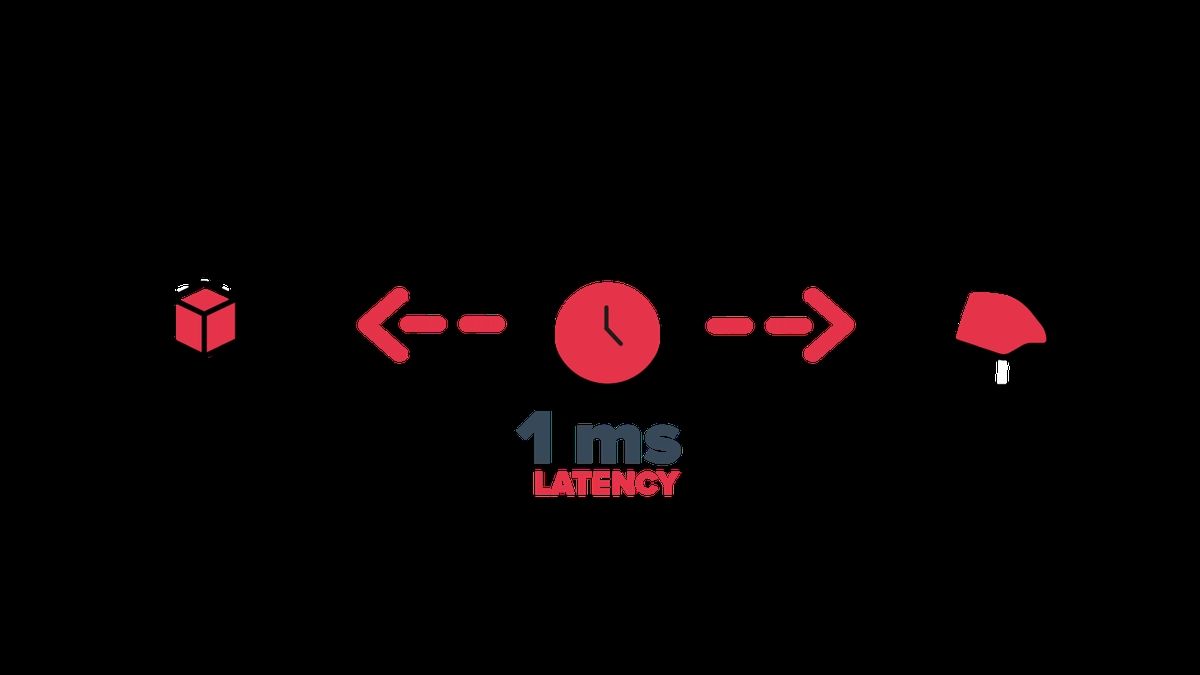
In an era where the pulse of the financial sector increasingly beats through digital veins, the imperative for digital transformation (DX) has never been more pronounced. At the heart of this transformation lies the integration of cutting-edge technologies like 5G, artificial intelligence (AI), and the Internet of Things (IoT), aimed at streamlining processes, enhancing customer experiences, and driving innovation. This narrative not only captures the essence of the current financial landscape but also underscores the critical need for continuous adaptation and learning among industry leaders and professionals.
Navigating the Digital Shift: The Imperative for Innovation
The journey of digital transformation within the finance sector is multifaceted, involving the careful integration of technology into every aspect of business operations. From Minneapolis, recognized as a burgeoning hub for innovative IT solutions, to global financial institutions, the adoption of technologies such as AI and automation is redefining the paradigms of service delivery and customer engagement. Yet, this digital shift extends beyond mere technological adoption; it embodies the intricate dance between leveraging digital advancements and fostering meaningful human connections. The essence of digital transformation, therefore, lies not just in deploying advanced tools but in reshaping organizational cultures to embrace continuous learning, upskilling, and a deep understanding of personal and corporate values.
The Human Element: Upskilling and Emotional Engagement in the Digital Age
As digital technologies like AI, machine learning (ML), and large language models (LLM) become increasingly integral to the financial sector, the importance of upskilling and emotional intelligence in navigating these changes cannot be overstated. The transition to a digitally-driven environment evokes a spectrum of emotional responses among individuals and organizations alike, from exhilaration at the prospects of innovation to apprehension about the future of human roles. In this context, executive education programs and continuous learning initiatives emerge as critical pathways for empowering professionals to take an active role in shaping their future, ensuring they are not only proficient in the latest technologies but also adept at engaging with these tools in ways that reflect their personal and organizational values.
Securing the Future: The Role of Cybersecurity and Strategic Planning
Amidst the fervor of digital innovation, the specter of cybersecurity looms large, underscoring the need for vigilant planning and robust security measures. The integration of technologies such as 5G and IoT, while opening new vistas of efficiency and connectivity, also introduces complex challenges related to data privacy and network security. Success in the digital era, therefore, demands a balanced approach that not only embraces technological advancements but also prioritizes the protection of sensitive information. Furthermore, platforms like the EY Transformation Platform offer a glimpse into the future of digital transformation, providing pre-defined solutions that help organizations navigate the complexities of digitalization with greater agility, lower costs, and enhanced capacity for technological adoption.
In conclusion, the digital transformation journey in the finance sector is a testament to the power of innovation, the importance of human connection, and the necessity of strategic foresight. As organizations continue to navigate the challenges and opportunities presented by advanced technologies, the twin pillars of continuous learning and cybersecurity stand out as beacons guiding the way forward. With the right mix of technological prowess, emotional intelligence, and strategic planning, the finance sector is well-poised to not only adapt to the digital landscape but to thrive within it, shaping a future that balances technological advancement with the timeless value of human insight.
